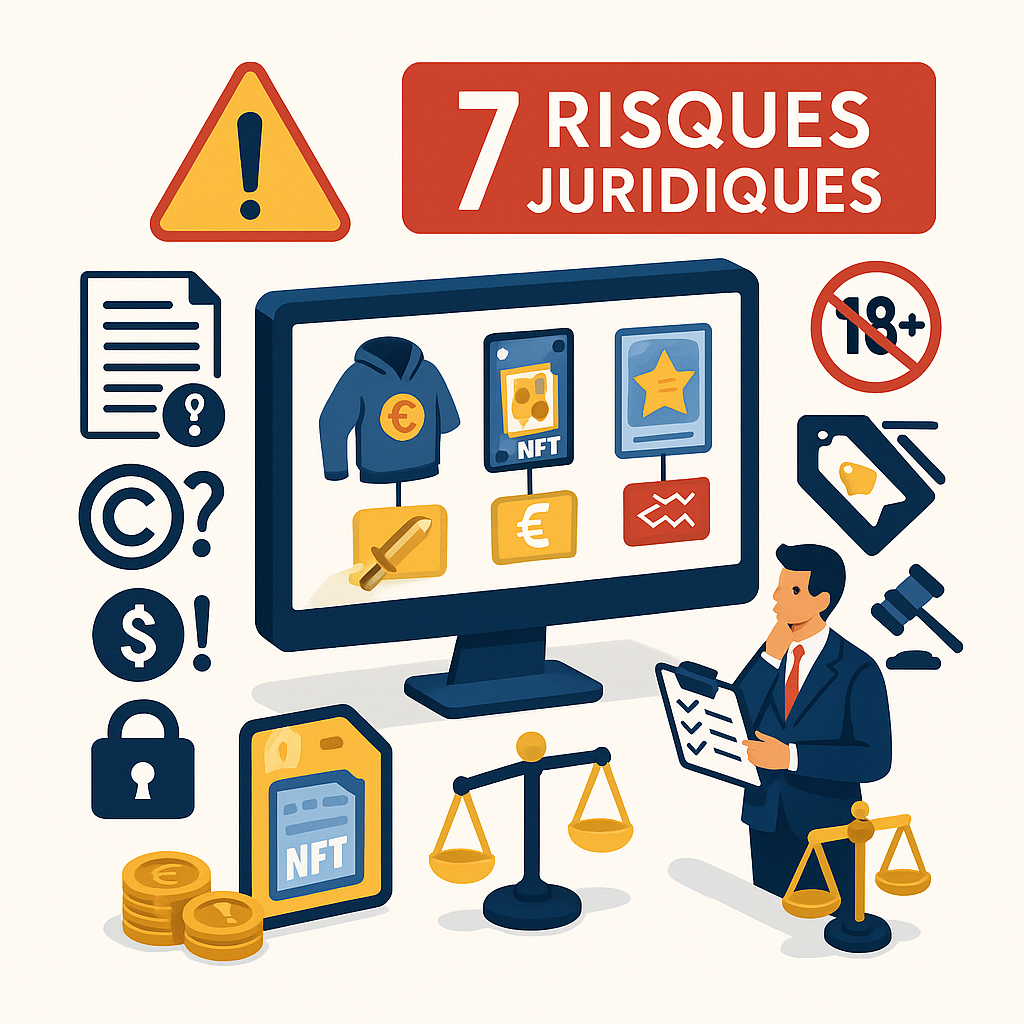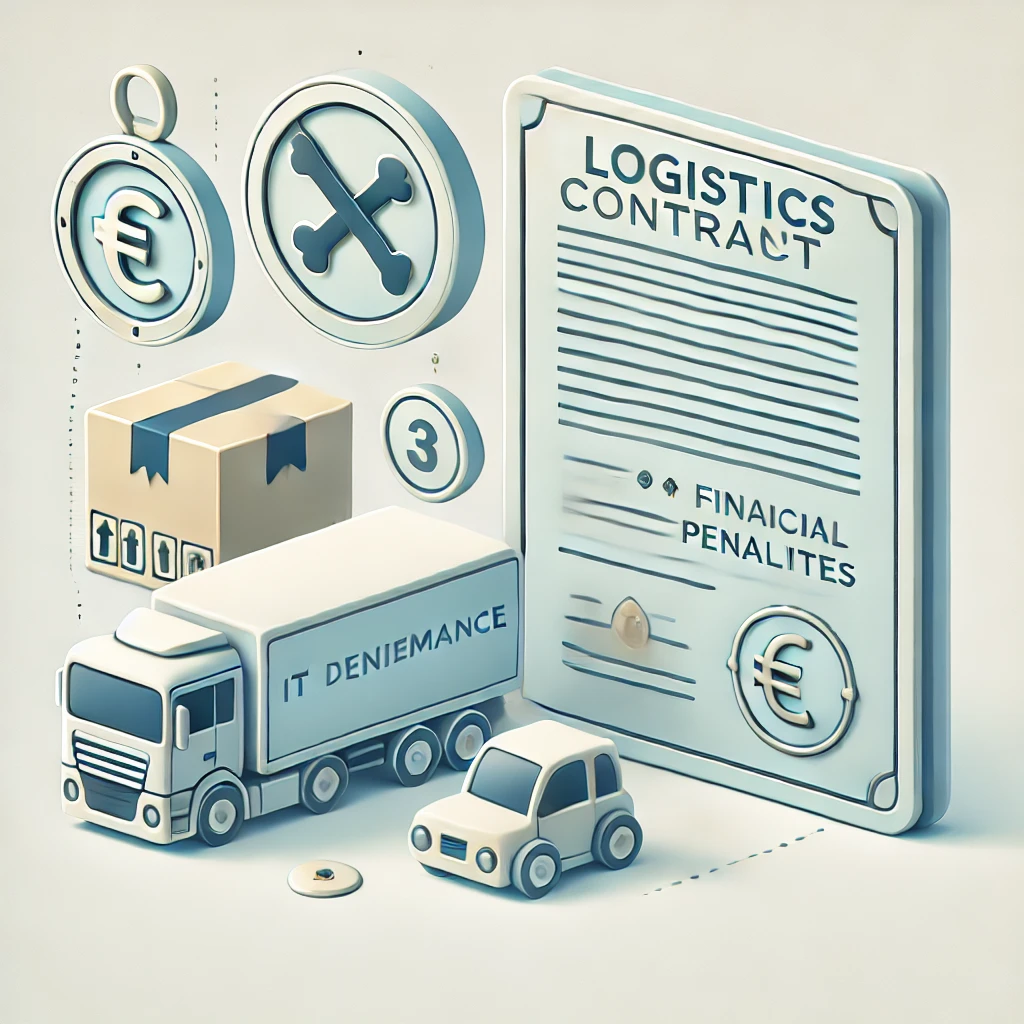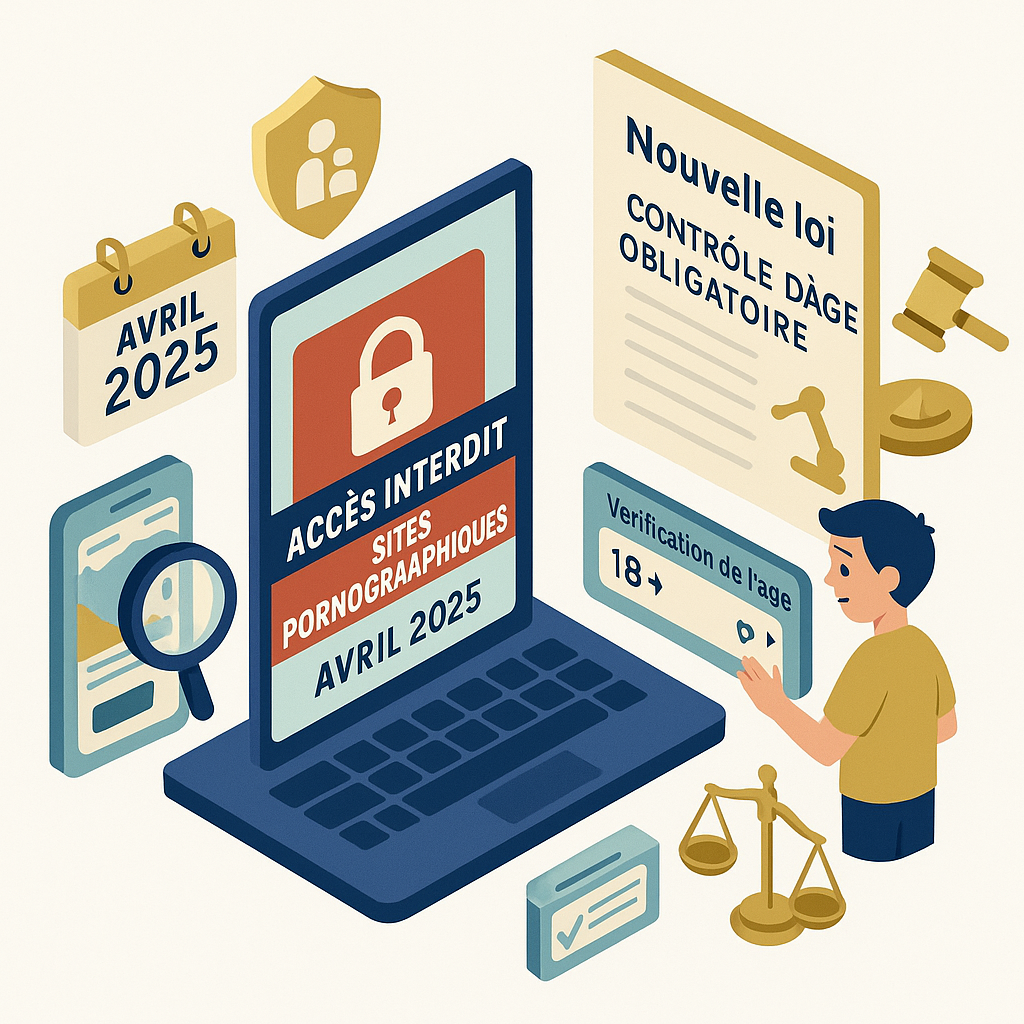Video games are undergoing a major transformation with the emergence of monetizable digital objects. Avoid these 7 legal pitfalls!
The video game industry is undergoing a major economic transformation with the emergence of monetizable digital objects. These virtual assets, which can take the form of equipment, characters, terrain or cosmetics, are now a central monetization lever for many studios.
However, integrating these mechanisms into your game raises important legal issues, particularly in the context of new French legislation. For gaming startups, navigating this complex regulatory environment represents a considerable challenge, where legal expertise becomes a key success factor.
If you need a lawyer for online gaming, contact me!
1. Legal structure for your development studio
Even before tackling the specific aspects of monetizable digital objects, creating a suitable legal structure is a fundamental step for any gaming startup.
Choosing the right corporate form
The choice between SAS, SARL or another legal form must take into account a number of factors: the number of founders, the need to raise funds, the desired flexibility of governance, and the tax and social security status of managers. For studios developing games with monetizable digital objects, credibility with financial partners and regulatory authorities can also influence the choice.
The preliminary strategic analysis provided by an online gaming lawyer enables you to identify the corporate form best suited to your specific project. His approach takes into account not only the classic issues involved in setting up a business, but also the specific features of the video game industry and business models based on monetizable digital objects.
Drafting appropriate by-laws and agreements
The drafting of articles of association and any associated agreements is of particular importance for gaming startups. These documents must accurately reflect the division of roles, powers and economic rights between the founders. They must also provide for exit and conflict resolution mechanisms.
The customized legal architecture developed by a consultant ensures that your governance is aligned with your strategic vision. His expertise helps you anticipate potentially conflictual situations and secure the long-term future of your studio, an essential element for projects involving long-term commitments to a community of players.
2. Protect your intellectual property robustly
In the video game industry, intellectual property is your company's core asset. This dimension takes on added importance when your game incorporates monetizable digital objects, whose value is largely based on their uniqueness and attractiveness.
Securing rights to code and assets
A methodical approach is needed to secure the legal status of all your game's components. It covers source code, graphic assets, music, text and all the distinctive elements that define your game's identity.
The global protection strategy devised by an expert gaming lawyer enables you to map out all your intellectual creations and apply the appropriate protection mechanisms: trademark registration for titles and logos, APP (Agence pour la Protection des Programmes) registration for code, assignment contracts for external contributions, and so on.
Defining the legal status of digital objects
The legal status of monetizable digital objects is a particularly complex issue. Depending on their technical design and the rights conferred on players, these assets can fall under different legal regimes.
In-depth legal analysis by a specialist in online gaming law enables you to precisely define the status of your digital objects: license of use, limited property right, or some other hybrid qualification. This legal clarification, translated into your general terms and conditions of use, secures your relationship with players and minimizes the risk of future litigation.
3. Draw up T&Cs and GTCs in line with specific requirements
Your game's General Terms of Use (GTU ) and General Terms of Sale (GTS) form the contractual basis of your relationship with players. For games incorporating monetizable digital objects, these documents are of particular importance and must meet specific requirements.
Clarify the nature of players' rights
Your T&Cs must precisely define the exact nature of the rights players acquire over digital objects: is it a simple, revocable license to use? A limited right of ownership? Do these rights survive modification or closure of the game?
The precise contractual engineering developed by a digital lawyer enables you to draw up clear, legally sound clauses tailored to the specific features of your business model. This contractual clarity is a confidence-building factor for your community, and an effective shield against potential player claims.
Integrate the requirements of the SREN law
The new French legislation imposes specific mentions in your GTU, in particular concerning :
- Description of the chance mechanisms used to obtain digital objects
- Restrictions on use applicable to these objects
- Players' rights regarding transfers to third parties
- Information on the risks of excessive gambling
The targeted regulatory expertise provided by a lawyer ensures that these requirements are properly integrated into your contractual documents. It also enables you to anticipate potential changes in this still experimental framework.
4. Implement a robust age verification system
French legislation expressly reserves access to games offering digital objects that can be monetized by chance to players of legal age. This restriction requires the implementation of an effective age verification system, going beyond the declarative systems traditionally used in the video game industry.
Reconciling efficiency and user experience
The challenge is to implement a system that is rigorous enough to meet legal requirements, while maintaining a seamless user experience. Various technical solutions exist, from identity verification via official documents to payment systems with integrated verification.
The pragmatic, legally-secure approach devised by a digital consultant enables you to identify the optimum solution for your specific context. His expertise helps you to balance regulatory imperatives with user experience considerations, avoiding excessive friction in your acquisition tunnel.
Document your diligence
Beyond technical implementation, it is essential to rigorously document your age verification process to demonstrate your diligence in the event of an audit. This documentation is a crucial element of your compliance program.
The structured methodology developed by a lawyer helps you to build up a convincing file, including the technical choices made, the tests carried out and the corrective measures implemented. This traceability considerably strengthens your position in the event of questioning by the authorities.
5. Ensuring RGPD compliance in data collection.
Setting up age verification and account creation systems necessarily involves collecting players' personal data. This dimension places your activity under the empire of the General Data Protection Regulation (RGPD), with reinforced obligations when this data concerns the identity of users.
Mapping your data processing
A precise mapping of the data collected and the processing carried out is the starting point for an RGPD compliance approach. This mapping must identify the precise purposes of each processing operation, their legal basis, as well as the envisaged retention periods.
A personalized data audit carried out by a legal expert in personal data enables you to clearly visualize your data flows and identify potential areas of risk. This systematic analysis forms the basis of an effective and proportionate compliance program.
Putting in place appropriate guarantees
The RGPD requires the implementation of technical and organizational guarantees adapted to the sensitivity of the data processed. For games involving identity verification, these guarantees must be particularly robust.
The tailor-made protection system built with the help of a lawyer integrates all the dimensions of compliance: appropriate security measures, processes for managing people's rights, documentation of processing activities, and notification mechanisms in the event of a data breach.
6. Structure your relationships with technical service providers
The development and operation of a video game usually involves a number of technical partners: hosting companies, payment solution providers, cloud service providers, and so on. These relationships take on a particular dimension when your game incorporates monetizable digital objects, not least because of the associated security and compliance issues.
Secure contracts with your key service providers
Drawing up solid contracts with your technical service providers is a priority, particularly for those involved in the management of digital objects or financial transactions. These contracts must cover precisely the service levels expected, the responsibilities of each party and the guarantees provided.
The industry-specific contractual expertise of a lawyer well-versed in gaming issues enables you to draw up balanced, protective agreements. His intervention ensures that the critical aspects of your business (availability, security, regulatory compliance) are adequately covered by your contractual commitments.
Clarifying the status of data and digital assets
Your contracts must clearly define the status of the data and digital assets entrusted to your service providers: who retains ownership? What uses are authorized? What are the obligations in the event of termination of the relationship?
The structured, forward-looking approach proposed by a legal advisor helps you anticipate critical scenarios and secure your digital assets. His approach also enables you to identify the risks of over-dependence on certain service providers, and develop appropriate mitigation strategies.
7. Anticipate reporting obligations to the authorities
New French legislation imposes specific reporting obligations on companies offering games with monetizable digital objects. These obligations, mainly to the French National Gaming Authority (ANJ), are a prerequisite for the legal operation of your game on French territory.
Preparing your declaration to ANJ
The declaration to the ANJ must be prepared with particular care, as it is the regulator's first impression of your business. This declaration must demonstrate your understanding of regulatory issues and your ability to implement the required protective measures.
The comprehensive strategic support provided by an online gaming lawyer transforms this administrative obligation into a positioning opportunity. His expertise enables you to present your project in the most favorable light, highlighting the compliance and protection measures you have implemented.
Anticipating other sector obligations
In addition to the ANJ, you may be subject to other reporting obligations, notably to the CNIL for personal data processing, or to the tax authorities for certain special schemes.
The 360° regulatory vision provided by a legal expert in the sector enables you to identify all the obligations applicable to your specific activity. This integrated approach avoids unpleasant surprises, and allows you to approach the launch of your game with confidence.
Turning compliance into a competitive advantage
In the emerging ecosystem of games incorporating monetizable digital objects, legal compliance should not be perceived as a mere regulatory constraint, but as a genuine strategic asset. By anticipating legal requirements right from the design stage of your game, and by implementing responsible governance, you'll be building an environment of trust conducive to the lasting commitment of your community.
The complexity of the applicable legal framework, particularly in the French context with the new experimental legislation, requires specific expertise to effectively navigate this ever-changing environment. By incorporating these seven essential legal tips into your entrepreneurial approach, you'll lay the foundations for the long-term, secure development of your gaming startup.
Our firm supports video game studios at every stage of their development, offering legal advice tailored to the specific features of this innovative industry. We remain at your disposal to discuss your project and help you meet the legal challenges involved in integrating monetizable digital objects into your game world.




